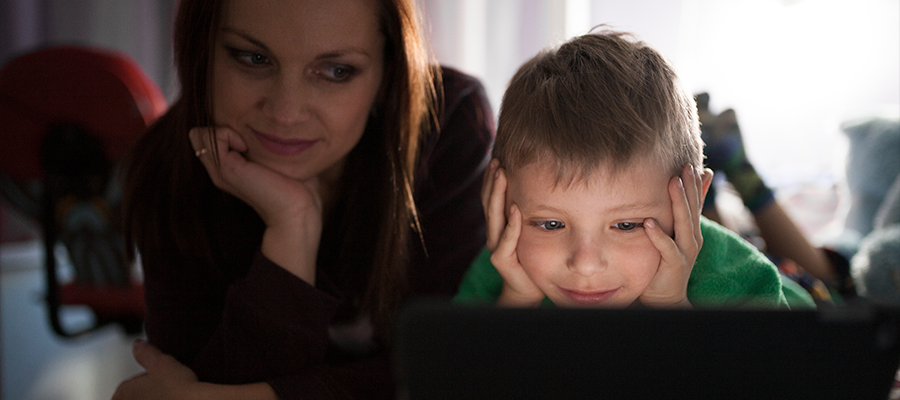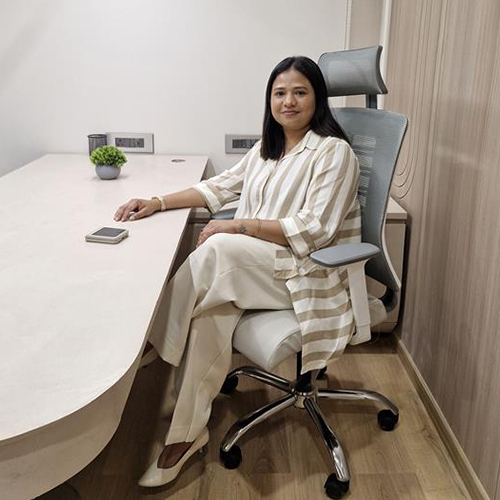Today, screens are a part of our everyday life. Phones, tablets, TVs, and laptops are used all the time. Our children are growing up in this world where everything is fast, colorful, and full of entertainment.
Many parents tell me things like, “My child can’t focus without a screen,” or “They get bored so easily.” These are common and real concerns. The digital world moves quickly, and it gives instant rewards. That’s why things that need patience, like reading, homework, or even talking, can feel boring to children.
But here’s something I feel is- Focus is a skill. It’s not something you either have or don’t have. Just like we teach children to walk or ride a bicycle, we can teach them to focus better.
Children’s minds love excitement, and screens give quick fun without much effort. Because of this, their brain gets used to fast entertainment and starts finding normal things like writing, playing board games, or eating meals boring. Slowly, this can affect their schoolwork, patience, creativity, and even how they talk or play with others. The aim is not to stop screen time completely but to help children enjoy both screen time and other real-life activities that build focus and attention.
Practical tips for home to keep your child focused-
Create screen-free times and areas, like during meals, before bedtime, or one hour after returning home from school. These breaks help the brain to relax.
Be a good example because children copy what they see. If they see you scrolling your phone while talking, they’ll do the same. But if they see you reading or focusing on a task, they’ll learn that too. Even just saying, “Let me finish this, then I’ll look at my phone,” plants the idea that focus matters.
Let Them Feel Bored Sometimes It’s okay if your child says, “I’m bored.” Don’t try to fix it right away. Boredom helps children use their own ideas and become creative.
Encourage games and hobbies that naturally build focus, Like
- Puzzles or building blocks
- Drawing or crafts
- Board games or card games
- Listening to stories without a screen
- Cooking simple dishes together
If your child struggles with focus in all areas of life, even without screens, it may be helpful to talk to a psychologist. Sometimes, attention difficulties are linked to ADHD, anxiety, or other concerns. Counselling and early support can make a big difference in helping your child grow and manage better.
A Gentle Reminder for Parents
You don’t need to be a perfect parent or super strict all the time. Just be present and patient, and keep things consistent. Children take time to learn, and yes, sometimes it feels really slow. But every small effort you make matters.
With your gentle support, regular reminders, and lots of encouragement, your child can learn to focus on both the digital world and the real one.

